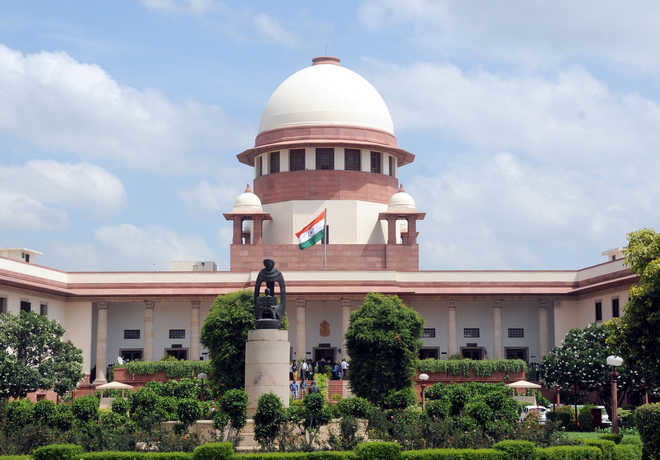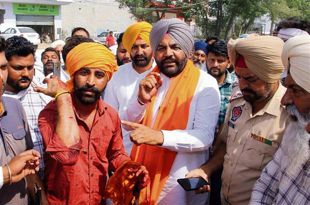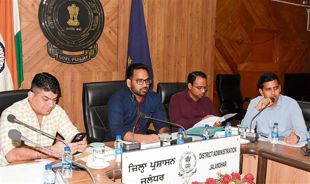
Satya Prakash
New Delhi, April 29
The condition of sharing Google pin location as a bail condition would go against the right to privacy guaranteed under Article 21 of the Indian Constitution, the Supreme Court noted today.
2 instances, but can’t be treated as custom
We agree there are two instances where this court has done it, but it cannot be a condition for bail. SC
“It cannot be a bail condition. We agree that there are two instances where this court has done it, but it cannot be a condition for bail,” a Bench led by Justice Abhay S Oka commented as it reserved its orders on the issue after hearing the counsel for Google which was asked to explain how its PIN location-sharing feature on Google Maps works.
The Bench made clear that it will take up other related issues on July 26. The Bench had in February made it clear that it was not making Google India Private Limited a party to the case. Vitus, an accused in a drugs case, has challenged the Delhi High Court’s 2022 order requiring him to drop a PIN on Google Maps to ensure that their location was available to the Investigation Officer of the case as a condition for his release on interim bail. A similar condition was imposed on a co-accused.
The Delhi High Court had asked the accused to get an assurance from the High Commission of Nigeria in New Delhi that they would not leave India and would appear before the trial court.
However, the Supreme Court had earlier said, “Prima facie, we are of the view that such an onerous condition cannot be put as no Embassy will be in a position to give such assurance. Therefore, we direct that the petitioner shall be released on interim bail on the terms and conditions incorporated in the impugned order except for the condition regarding dropping a PIN on the google map and obtaining assurance from the High Commission of Nigeria.”
While ordering their release on interim bail, the top court also reduced the bail surety amount from Rs 2 lakh to RS 50,000. In a landmark verdict, the Supreme Court on August 24, 2017 declared the right to privacy a fundamental right under the Constitution, saying it was “the constitutional core of human dignity”.
Join Whatsapp Channel of The Tribune for latest updates.




























